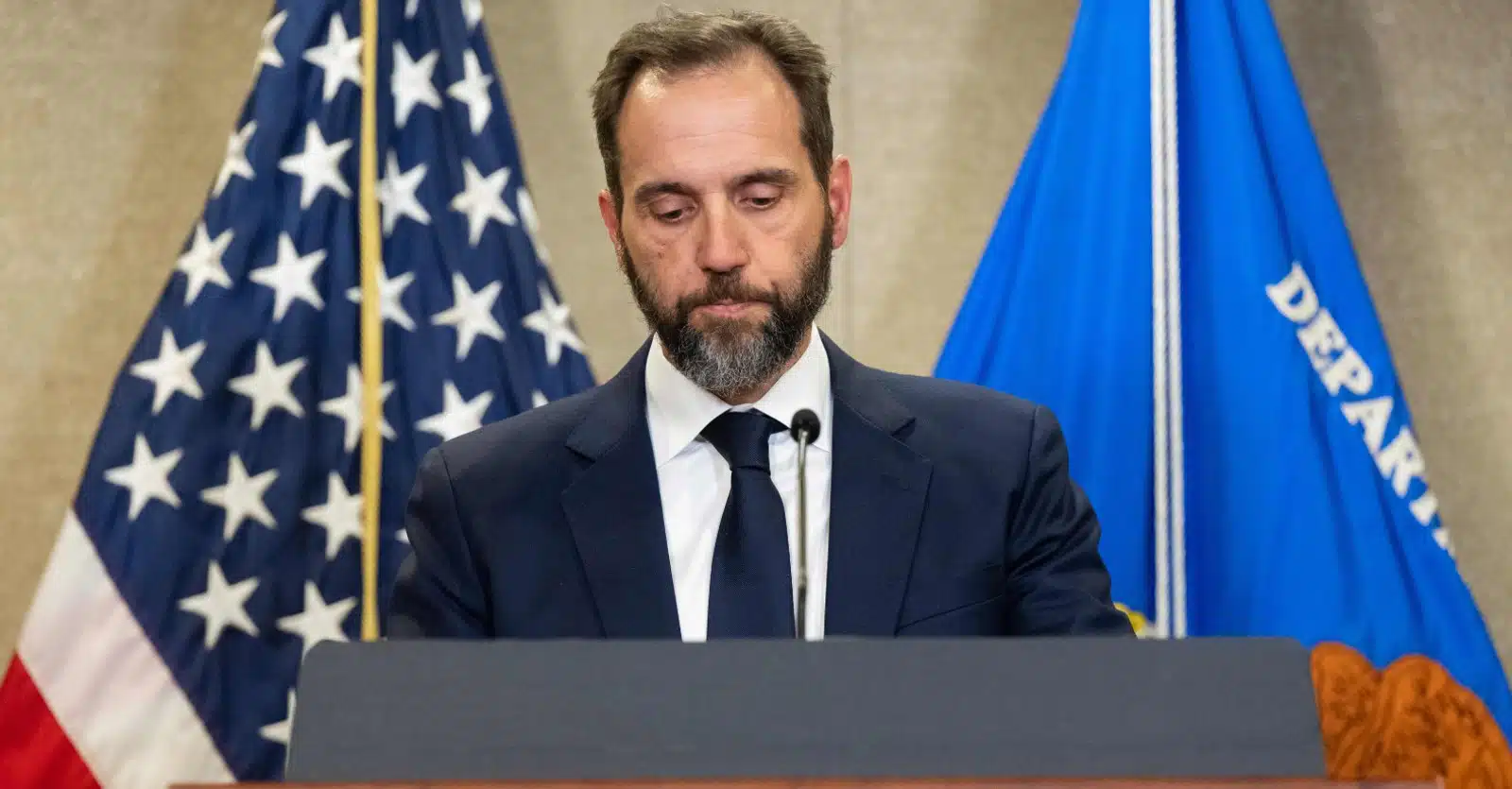
CNN’s legal expert warned on Thursday after special counsel Jack Smith won a victory of sorts in his classified documents case against former President Donald Trump that he should still be “very worried” about the eventual outcome.
Analyst Elie Honig’s remarks came after U.S. District Judge Aileen Cannon, who has increasingly come under fire from the left over her handling of the classified documents case against former President Donald Trump, took Smith to task in a three-page order on Thursday over his latest filing.
In the same order, Cannon denied Trump’s request to have the case dismissed on grounds that the Presidential Records Act should protect him, but she also ripped Smith, per the Washington Post:
Even as she ruled against Trump’s motion, Cannon’s three-page order revealed her displeasure over Smith’s characterization of her order, suggesting this may not be the last such battle in the historic prosecution of a former president and the presumptive GOP presidential candidate.
“Where does this leave the timeline of this case, Elie?” asked CNN host Brianna Keilar.
“Well, a mess, in short,” he responded. “No way that this case was going to get tried before the election. And now, I think we have other pending issues.”
According to Honig, some legal experts have speculated that Smith might appeal to the 11th Circuit to seek Cannon’s removal from the case. The 11th Circuit has previously vacated two Trump-friendly rulings made by Cannon in this case. However, Honig believes that yesterday’s ruling has all but thwarted that possibility.
“I think what the judge did today forecloses that, makes it impossible to do that because the judge said, ‘Well, we’re gonna decide when the trial happens, and maybe it’s something that will go to the jury,’” Honig continued.
“You really can’t appeal that if you’re Jack Smith. And by the way, Brie, this is why I think Jack Smith is concerned with today’s ruling. Although he won in the sense that the court did not dismiss the charges, if I’m Jack Smith – and I think Smith feels the same way – I’m very worried about this defense going to a jury because it’s confusing, because it’s complicated. After all, it’s technical. Prosecutors always want to tell a simple, straightforward story. And frankly, defendants want to muck things up,” he added.
“And as much as I think this defense lacks merit, I do think it could confuse a jury in a way that would worry me as a prosecutor,” he said.

Trump is facing 32 counts of violating the Espionage Act. According to Smith, the charges are related to his alleged possession of government documents and his attempt to obstruct their retrieval. The FBI discovered the material during a search warrant executed at Trump’s Mar-a-Lago residence.
Former Vice President Mike Pence and then-former senator and Vice President Joe Biden possessed similarly classified materials, but neither of them faced any charges. Also, neither of them has any legal standing to have possessed such materials, while Trump, as president, had the authority to declassify certain documents and materials. In his legal filing that Cannon rejected, he claimed that the Presidential Records Act supersedes the Espionage Act, under which Smith charged him.
Her ruling on Thursday left open the possibility that Trump’s legal team could still argue that claim during his trial, whenever that takes place.
In her three-page order chastising Smith, Cannon wrote that “to the extent the Special Counsel demands an anticipatory finalization of jury instructions before trial, before a charge conference, and before the presentation of trial defenses and evidence, the Court declines that demand as unprecedented and unjust.”
She noted further that her request for the proposed jury instructions “should not be misconstrued as declaring a final definition on any essential element or asserted defense in this case.”